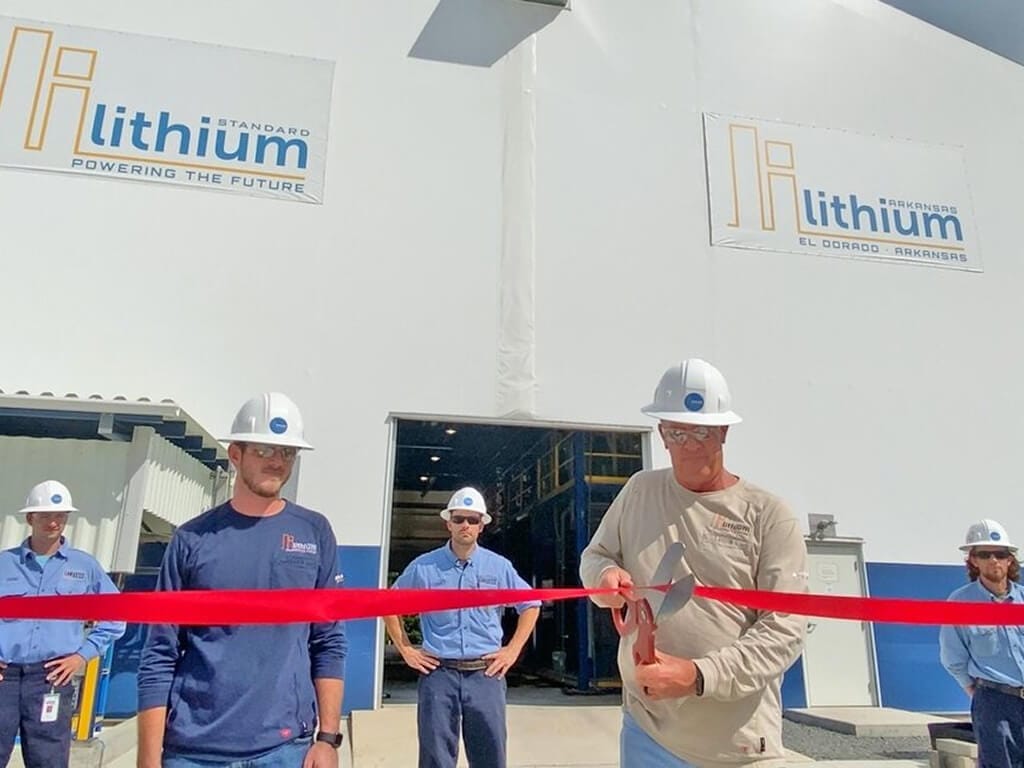New Tech Hub in El Dorado Signals Arkansas' Lithium Ambitions
Arkansas is advancing in the battery industry with the launch of the nation’s first lithium technology accelerator in El Dorado. The program supports startups, attracts investment, and positions the state as a leader in critical minerals and clean energy.

Arkansas is making a major push in the battery industry with the launch of the country’s first lithium technology accelerator. Established by The Venture Center in El Dorado, the Arkansas Lithium Technology Accelerator will support startups working on innovative lithium-based technologies. The program, backed by both state and federal initiatives, aims to build a strong critical minerals industry in South Arkansas. It also aligns with a broader national goal: increasing U.S. mineral production and reducing dependence on China’s supply chain.
To attract lithium producers and supply chain companies, Arkansas introduced a series of tax incentives that helped pave the way for the accelerator’s first cohort, which includes three companies contributing to key areas of the lithium and battery industry.
Innovative Companies Launch Cohort
Telescope Innovations, a Canadian firm, develops processing technologies for critical minerals and has partnered with Standard Lithium at its El Dorado demonstration plant on direct lithium extraction and lithium sulfide production. RAM Geothermal provides geothermal energy solutions, delivering clean, sustainable power to support lithium operations. Nano One, another Canadian company specializing in cathode materials, received $12.9 million from the U.S. Department of Defense to expand its research and manufacturing facilities, further strengthening its position in the battery materials supply chain.
Optimism Driven by Market Trends
The accelerator’s first cohort is optimistic, fueled not only by the growing electric vehicle market but also by wider energy demands. Nano One CEO Dan Blondal explained that clean energy sources such as solar and wind require reliable battery storage to serve as effective alternatives to fossil fuels. He also noted that the rapid rise of AI-driven data centers, which demand significant amounts of energy, is expected to further increase the need for advanced battery solutions.
Blondal highlighted the One Big, Beautiful Bill Act as a major policy initiative aimed at shifting battery production from China to the United States, particularly to meet the rising energy requirements of data centers. He emphasized that U.S. defense spending will play a critical role in jump-starting the domestic battery supply chain. Over time, he anticipates this momentum will lead to larger, financially sustainable projects, creating both construction jobs and long-term operational employment.
He further noted that projected demand for batteries over the next decade is expected to far exceed current supply, creating long-term opportunities for Arkansas, where demand is likely to outpace supply for at least the next ten years.
A Strategic Step for Arkansas
Amid ongoing trade tensions and growing emphasis on innovation and clean energy, the new project is widely seen as a significant step toward establishing Arkansas as a national leader in battery technology and critical mineral development.





